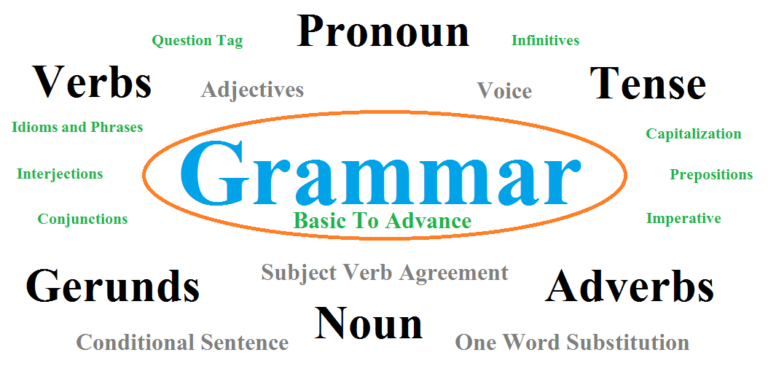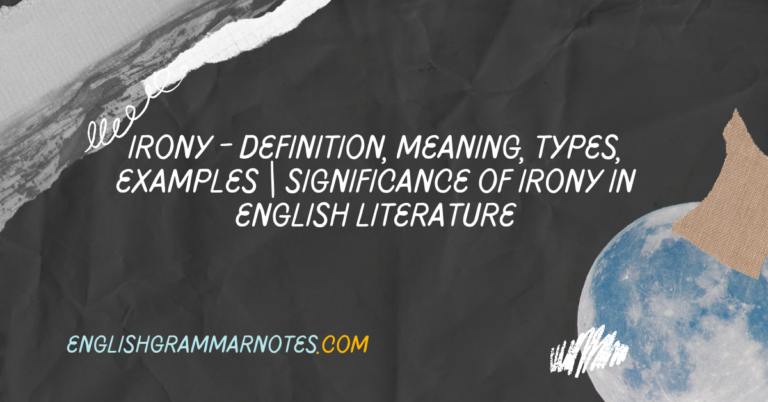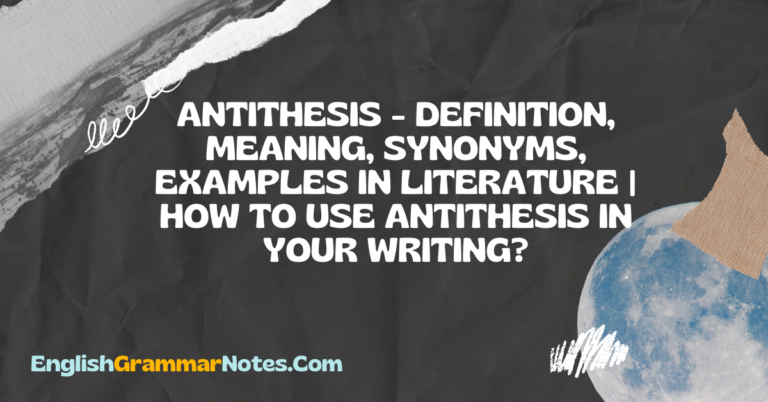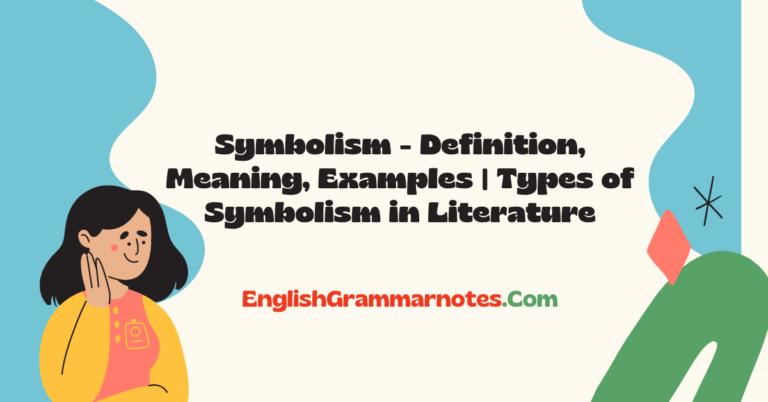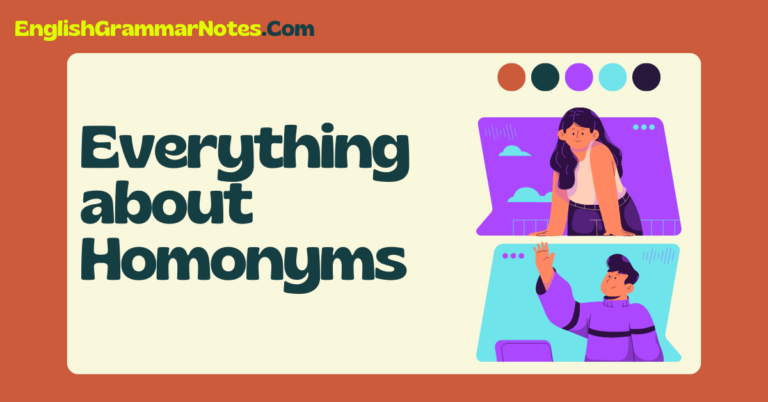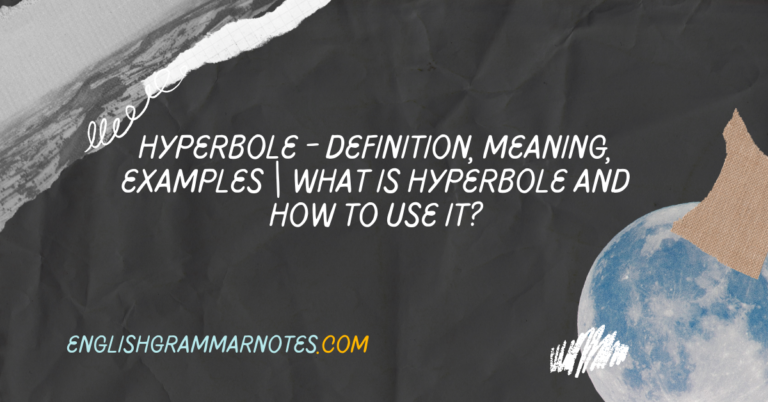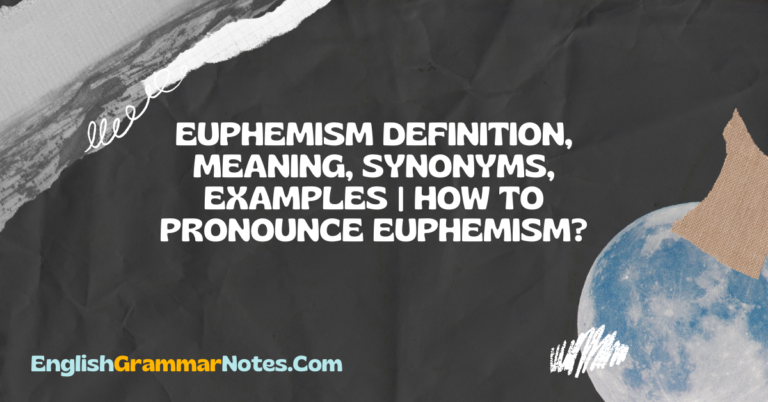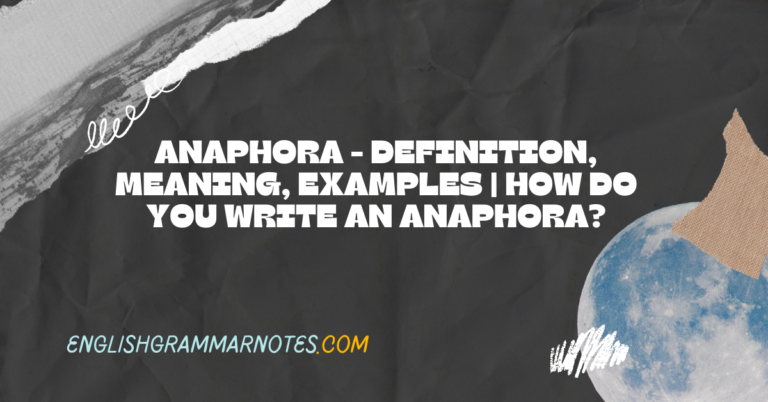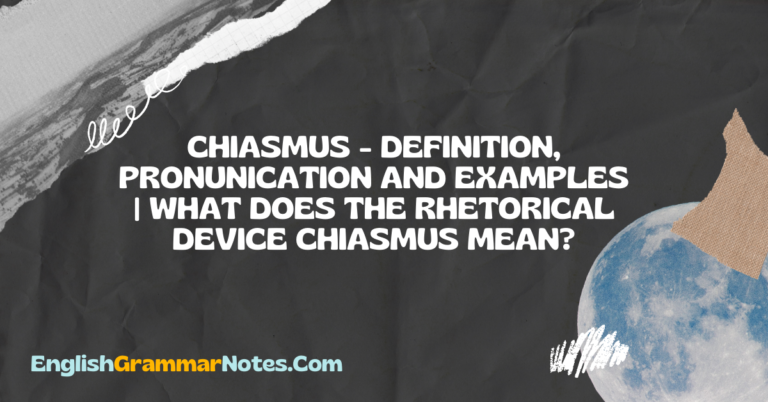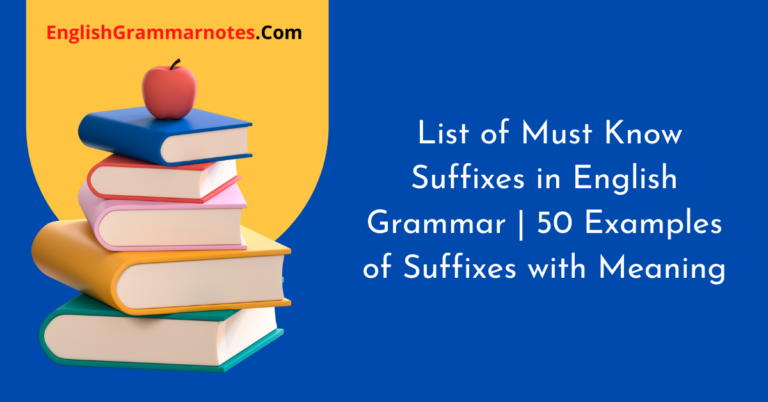English Grammar for Class 6, 7, 8, 9, 10, 11 and 12 | Download English Worksheets PDF
English Grammar is an important subject which teaches us how to read, write and speak English. Any language is well written and well spoken only if we know its grammar, whether it is English, Hindi or any other language. Students have been taught with English Grammar for Class 6, 7, 8, 9, 10, 11 and 12. Our expert teachers have given a comprehensive explanation of grammar here with examples for each rule to make each and every student understand. Students can learn from here to score good marks in English subjects. CBSE Class 2 English Grammar CBSE Class 3 English Grammar CBSE Class 4 English Grammar CBSE Class 5 English Grammar CBSE Class 6 English Grammar CBSE Class 7 English Grammar CBSE Class 8 English Grammar CBSE Class 9 English Grammar CBSE Class 10 English Grammar CBSE Class 11 English Grammar CBSE Class 12 English Grammar Each student should learn grammar to make their English language better. The subject teaches us where to use adverbs and adjectives, where to use full-stop and commas, what is a noun and what is a pronoun, etc. The grammatical rules are explained here in this article in simple English language to make each and …
